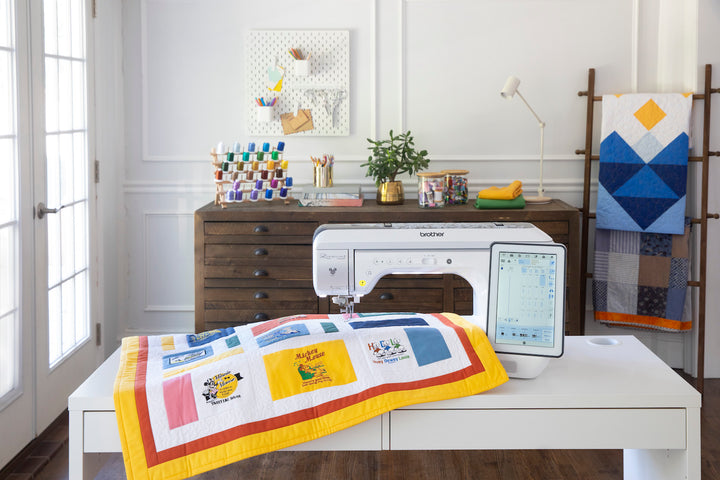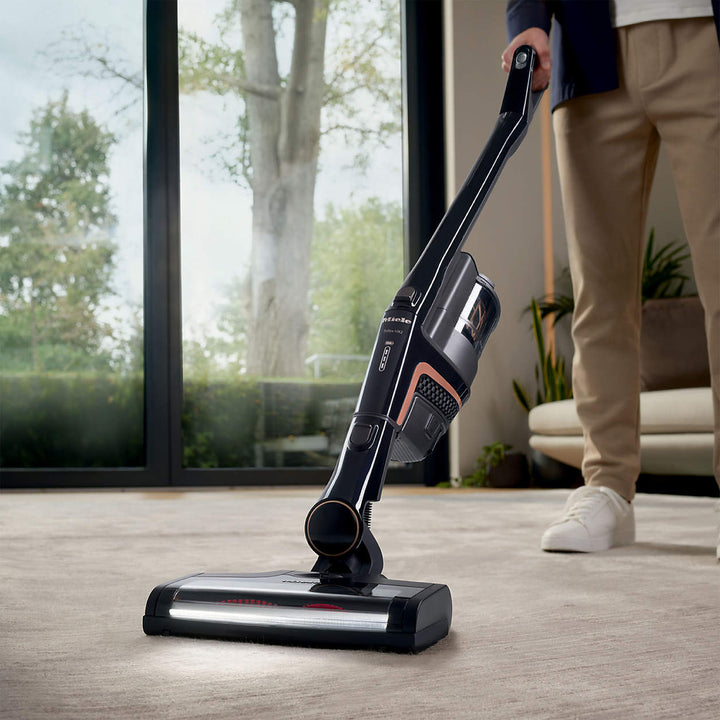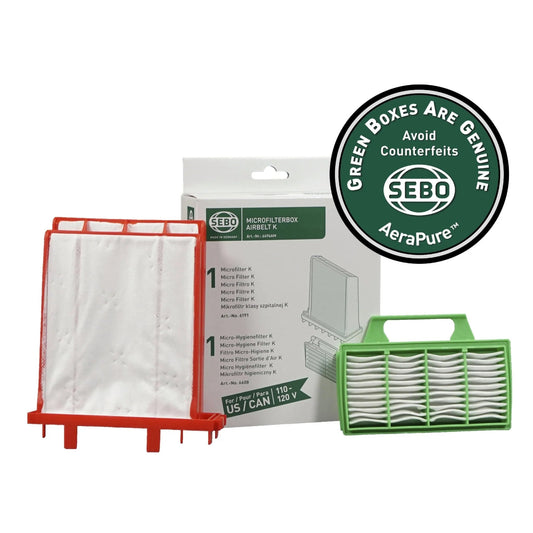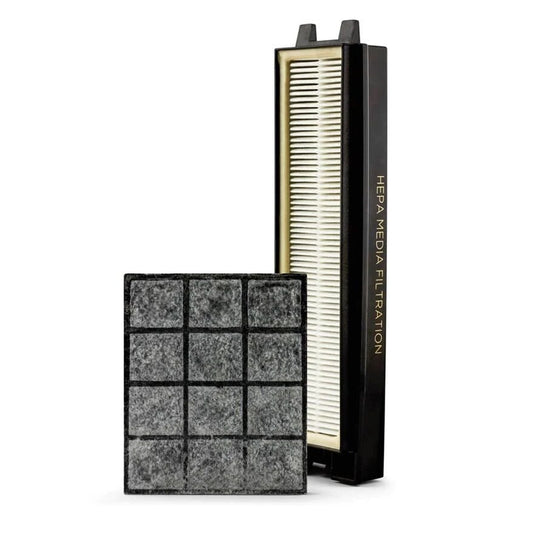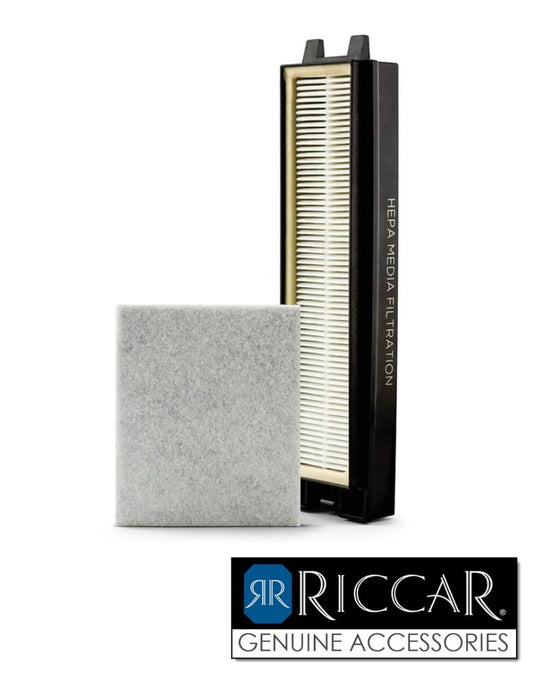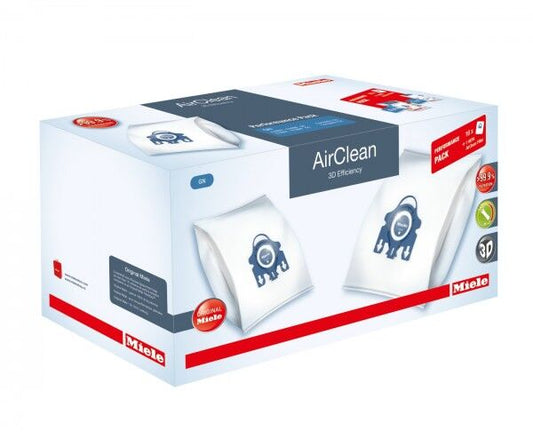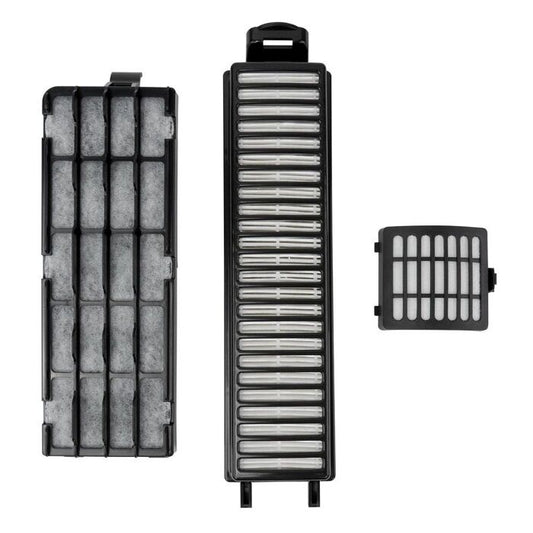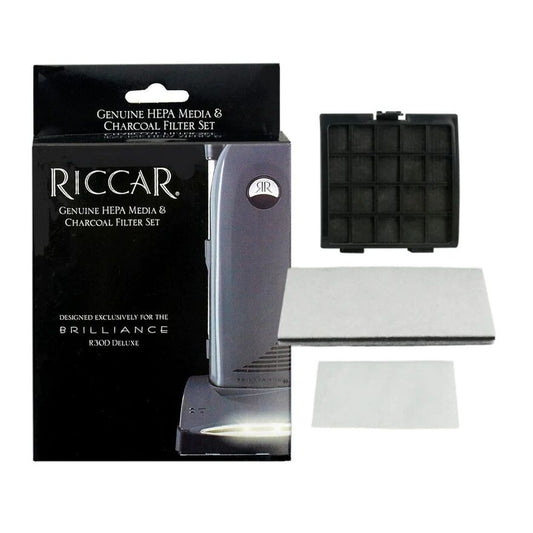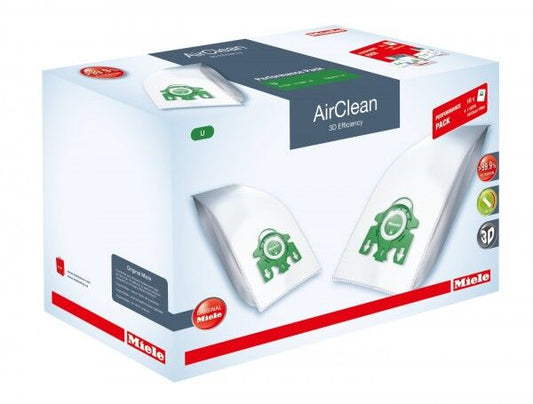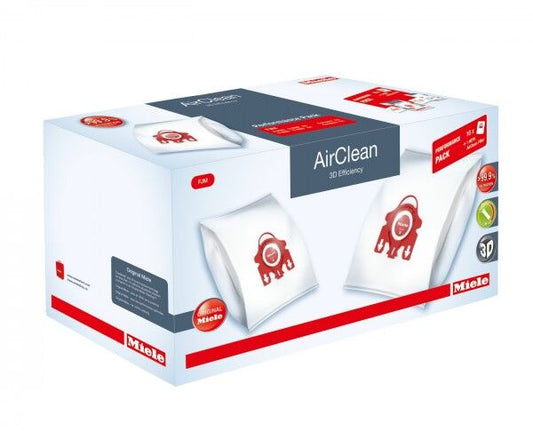-
All Quality Sewing Offerings
Sebo Airbelt K Vacuum Filter Set
Regular price $42.99Sale price $42.99 Regular priceUnit price per -
All Quality Sewing Offerings
Miele Performance Pack - AirClean 3D Efficiency FilterBags Type GN + HA50 Hepa Filter
Regular price $131.99Sale price $131.99 Regular priceUnit price per -
All Quality Sewing Offerings
Genuine Miele HEPA AirClean SF-HA 50 Filter
Regular price $57.99Sale price $57.99 Regular priceUnit price per -
All Quality Sewing Offerings
Genuine Miele Active AirClean SF-AA 30 Filter
Regular price $45.99Sale price $45.99 Regular priceUnit price per -
All Quality Sewing Offerings
Regular price $22.99Sale price $22.99 Regular priceUnit price per$28.9921% offSale -
All Quality Sewing Offerings
Riccar Filter R25D HEPA and Charcoal Set
Regular price $19.99Sale price $19.99 Regular priceUnit price per$24.9920% offSale -
All Quality Sewing Offerings
SEBO Motor Protection Filter for FELIX and DART
Regular price $24.99Sale price $24.99 Regular priceUnit price per -
All Quality Sewing Offerings
SEBO Automatic X Service Box - for X4/X5 Vacuums
Regular price $69.99Sale price $69.99 Regular priceUnit price per$74.997% offSale -
All Quality Sewing Offerings
Miele Performance Pack - AirClean 3D Efficiency FilterBags Type GN + HA30 Hepa Filter
Regular price $131.99Sale price $131.99 Regular priceUnit price per -
All Quality Sewing Offerings
Genuine Miele HEPA AirClean SF-HA 30 Filter
Regular price $57.99Sale price $57.99 Regular priceUnit price per -
All Quality Sewing Offerings
Riccar Tandem Air Premium HEPA and Charcoal Set
Regular price $36.99Sale price $36.99 Regular priceUnit price per$45.9920% offSale -
All Quality Sewing Offerings
Riccar Tandem Air Deluxe HEPA and Charcoal Set
Regular price $18.99Sale price $18.99 Regular priceUnit price per$23.9921% offSale -
All Quality Sewing Offerings
Riccar Tandem Air Deluxe R30D HEPA Filter
Regular price $14.99Sale price $14.99 Regular priceUnit price per$17.9917% offSale -
All Quality Sewing Offerings
Regular price $4.99Sale price $4.99 Regular priceUnit price per$6.9929% offSale -
All Quality Sewing Offerings
Miele Performance Pack - AirClean 3D Efficiency FilterBags Type U + HA30 HEPA Filter
Regular price $131.99Sale price $131.99 Regular priceUnit price per -
All Quality Sewing Offerings
Miele Performance Pack - AirClean 3D Efficiency FilterBags Type FJM + HA50 Hepa Filter
Regular price $131.99Sale price $131.99 Regular priceUnit price per
FAQs
Why is it important to replace your vacuum filter regularly?
Replacing your vacuum filter regularly is essential for optimal performance and air quality. Benefits include:
- Improved suction: A clean filter allows for better airflow and suction power.
- Healthier air: Filters trap allergens like dust, pollen, and pet dander.
- Prolonged vacuum life: Prevents dust buildup that can damage your vacuum motor.
What are the different types of vacuum filters?
Vacuum filters come in various types, each designed for specific purposes:
- HEPA filters: Capture 99.97% of fine particles, including allergens and bacteria.
- Charcoal filters: Neutralize odors, ideal for pet owners.
- Foam filters: Common in bagless vacuums, designed to trap larger debris.
- Washable filters: Reusable and eco-friendly options that can be cleaned and reused.
How often should vacuum filters be replaced?
The frequency of filter replacement depends on the filter type and usage:
- HEPA filters: Replace every 6-12 months for maximum efficiency.
- Foam filters: Clean every 1-3 months and replace annually.
- Charcoal filters: Replace every 3-6 months to maintain odor control.
Check your vacuum’s manual for specific recommendations.
Can vacuum filters improve indoor air quality?
Yes, vacuum filters play a critical role in improving indoor air quality by:
- Trapping allergens: HEPA filters capture microscopic particles like dust mites and pollen.
- Reducing odors: Charcoal filters neutralize smells from pets and household debris.
- Eliminating fine dust: Multi-layer filters prevent particles from re-entering the air.
What are the benefits of HEPA vacuum filters?
HEPA filters are a top choice for allergy sufferers and those prioritizing clean air. Benefits include:
- High efficiency: Capture 99.97% of particles as small as 0.3 microns.
- Allergy relief: Trap allergens like pet dander, dust mites, and mold spores.
- Healthier environment: Improve air quality for a fresher, cleaner home.

